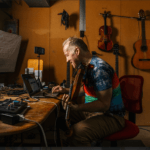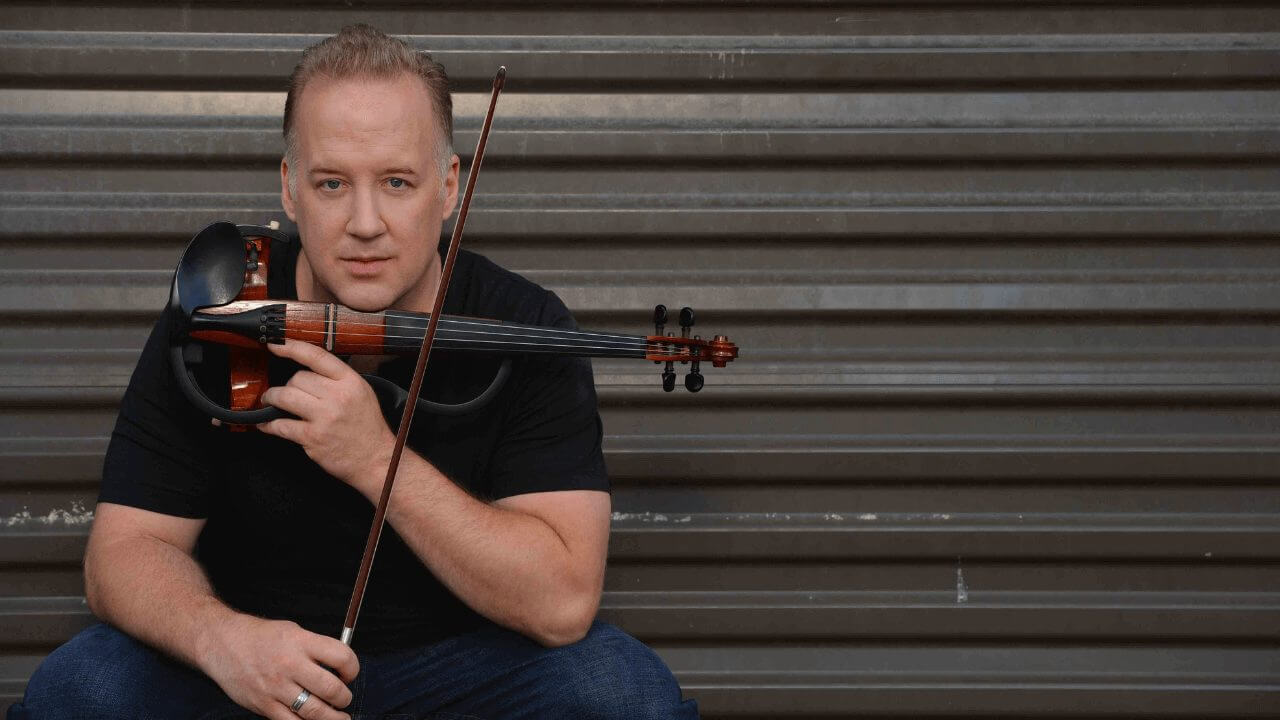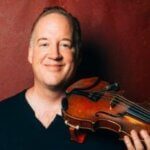What exactly are successful musical creators doing
Here are some powerful lessons I learned from studying recent examples of successful musical creators closely.
Table of Contents
And by successful, I mean “happy, growing” musicians who are finding ways to express themselves and share, whether or not there is a commercial purpose.
The many successful creators showcased below are all amateurs, pros, young students, and/or teachers who have attended my recurring group coaching program, Creative Strings Academy, in which I guided them through practice routines and skill sessions on Zoom weekly.
How to Define Success
First, let’s further unpack the definition of “successful musical creator”.
The definition of success for you could include:
- growing your skills
- gaining enjoyment or satisfaction in your musical practice or activities
- sharing with, attracting, or growing an audience (no matter if the audience is One person or one million)
- making money
- finishing your works
- your practice isn’t taking too much time, aka it’s sustainable
- anything else that you define as success
Requirements and Benefits
Again, being a successful music creator doesn’t require fancy tech, posting to social media, a big audience, or a monetary goal.
Most of the videos below use simple tech such as playing along with a backing track and recording with your phone.
You can share mini-projects publicly, with one person, or keep for yourself.
Recording and listening back is one of the best ways to progress in your musicianship.
The specificity of mini-projects combined with reasonable deadlines are effective containers and motivators for practice.
Step 1: How to Choose What to Create
Based on which of the above applies to you, CHOOSE what to create based on one or more of these criteria, whichever applies to your situation:
- it’s interesting to you.
- it will make the most money ( someone will pay you to do it, or by doing it you’re more likely to attract a certain type of work. E.G.- you want to play weddings, so you need to make 5 videos showing 5 songs or skills which will prove to your prospective customers that you can do the things they are looking for.)
- It will be easy to finish quickly- this rules out using fancy technology or coordinating complicated logistics. For example, can you make a recording using only your phone and a backing track?
- it promotes or supports connection (for example, collaborating with friends or community groups like at a church or a jam session)
- For teachers– it will help your students. (Your students can both learn from your lessons AND appreciate be inspired from seeing or hearing your work. These are two different things.
Examples of Successful Music Creators
Of the more than 400 students who are participating into my Practice Community, you can see a few examples of their creative mini-projects below.
Bear in mind that I define what it is to be a Successful Musical Creator in terms of 2 main things:
- Enjoyment/Satisfaction, and
- Growth/Progress
Rena’s work feels very up close, raw, and expressive. She’s feeling the music, and showcases many assets including voice, beat box, and different violins. She’s arranging, improvisation, and performing.
David Fein combines his love of writing, storytelling, activism, culture, family history, and Jazz violin. The creative process is a fully integrated part of his practice strategy- and he shares his works to friends. He sent the video below to co-workers as a goodbye celebration upon retirement after 30 years working at a company he cared about.
He uses technology such as looping not for tech sake, but based around the skills it helps him develop.
Shaun Ward shares clips from his live gigs so people can see what it’s like to hire him to perform. He shares family history and showcases Louisiana
No fancy tech required
Mia Asano built a massive following playing well known melodies over backing tracks, answering questions from fans, and adding motifs like her signature bow twirl below. The tech doesn’t have to be super fancy to do these things, although she’s certainly mastered the details over time as she’s become a professional influencer.
Showcasing things you love
Leslie showcases jumprope in between performances and reflections.
use the skills you have
Whether or not you’re comfortable yet improvising, arranging, or composing in many styles, you can probably play a melody alone or with a backing track.
Carlos plays melodies over backing tracks, highlighting his lush violin technique and striking visuals.
Teachers
Austin Scelzo created this play along lesson for fiddle students to learn bowing and arranging fundamentals.
Angela Harman shares tips to help other teachers save time and improve their orchestra teaching.
Sharing their Journey
Ava and her family share her journey as an aspiring student
Personal benefits to you
For some of us, a goal is to be comfortable in our own skin.
The practice of music supports this and parallels our personal development:
- build self-awareness/acceptance,
- gain the ability to express ourselves fully and authentically,
- connect honestly and openly with others.
If you feel overwhelmed, distracted, or unsure of what to practice, let alone how to create your own mini-projects like the ones above, it’s not remotely your fault.
The outcome of a healthy practice is to become a better friend to yourself.
In my 7-week group coaching program, held twice yearly on Zoom (the next class is Jan-Feb), students like the ones above gain:
- new ways to practice (geared towards enjoyment and growth)
- skills including Harmony and Improvisation which are universally applicable to many styles
- focus and feedback to produce creative mini-projects like the ones above, whether for yourself, share with others, in recorded/live performance or teaching.
Get started:
- Join the practice community,
- Get the Zoom mini-workshop recording to get a sample of what we do at the practice community.
In the mini-workshop I shared the exact Harmony & Improvisation exercises that helped me and my students go beyond playing prescribed parts, to making music in varied and creative ways. The normal price is $80 but you can get for $40 if you purchase now, (You can scroll below to hear from students about their experience.)




